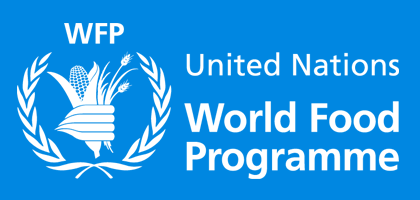As the world negotiates a new climate deal, the United Nations World Food Programme (WFP) and the International Federation of Red Cross and Red Crescent Societies (IFRC), together with German Red Cross (GRC), unveiled a forecast-based approach which would transform the humanitarian system. This new approach will release funds for disaster preparedness and response before the crisis occurs while providing the necessary funds for resilience building activities. WFP’s Food Security Climate Resilience Facility (FoodSECuRE) will shift the humanitarian model from a reactive system to one that looks forward and saves more lives, time and money. Both FoodSECuRE and a Red Cross project in Uganda — one in a range of Red Cross-Red Crescent forecast-based financing pilot projects — have been activated in recent weeks to meet climate-related disasters, the dramatic predictions of El Niño and extreme weather.An anticipatory response not only protects people’s lives: new WFP research shows it also saves money. A 2015 FoodSECuRE analysis in Sudan and Niger shows that using a forecast-based system would lower the cost of the humanitarian response by 50 percent.Food SECuRE unlocks funds before disasters, but also ensures that funds are available between cycles of disasters, because only through reliable, multi-year funding will vulnerable people build their resilience to the effects of climate change.
Trending Now













